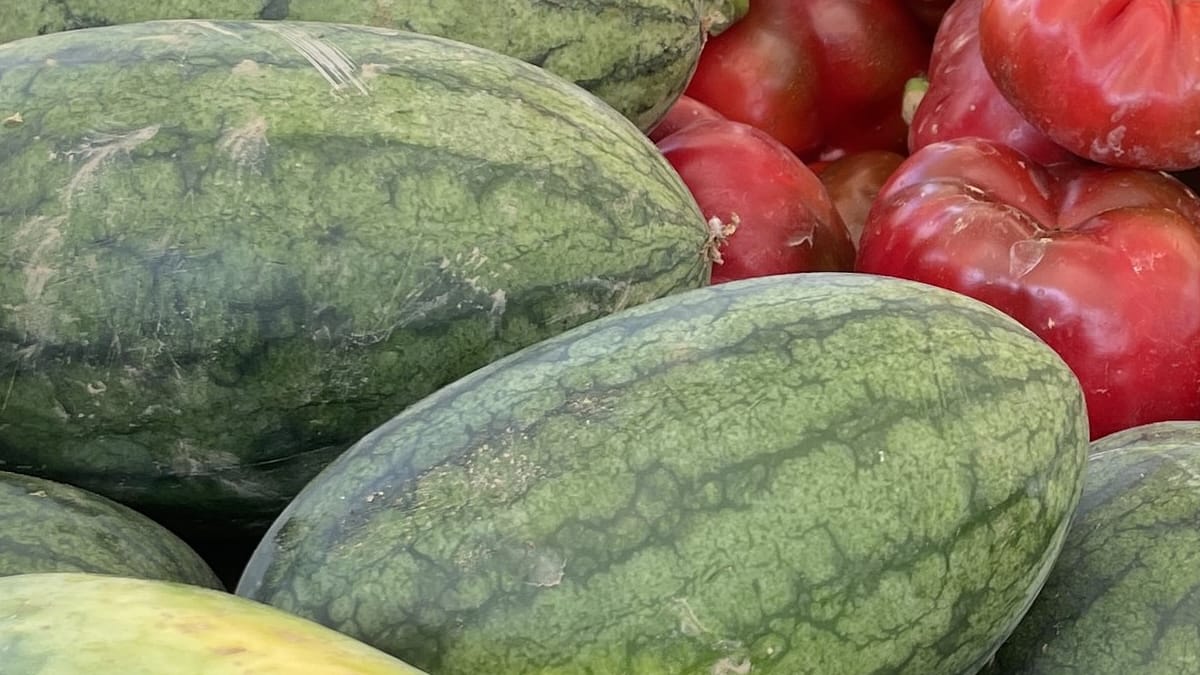FALA operates a total of eight farmers’ markets, which collectively serve approximately 10,000 visitors each week, 45 % of whom are low-income. These markets combined support between 320 and 400 unique small-scale agriculture and food entrepreneurs annually, over 50% of whom are BIPOC-owned. Collectively, the markets generate over $13.5 million in gross sales for vendors, who retain $0.88–$0.92 of every dollar spent at their stall. This is a more sustainable business model for small food entrepreneurs than supplying grocery stores or other distribution channels, which may yield them as little as 20% of gross sales. Additionally, the markets foster community connections and enhance neighborhood safety.
For purposes of the NMTC transaction, a portion-of-the-business (or “POB”) of FALA will receive working capital financing for its headquarter office and five of its eight farmers’ markets (all five of which are in NMTC qualifying census tracts), which serve approximately 8,000 visitors weekly, 52% of whom are low-income. Low-income individuals are identified by comparing the number of EBT transactions to the overall sales revenue. Additionally, FALA occasionally collaborates with college students who audit the markets, leveraging their data when it is applicable to the project. These markets support between 225 and 300 unique small-scale entrepreneurs, over half of whom are BIPOC-owned. Headquarter and three of these five markets are located in USDA-designated Food Deserts, emphasizing their critical role in addressing food insecurity. One of the five farmers’ markets included in the NMTC transaction, the Compton College market, will only be funded by Genesis LA (LADF’s partner CDE in the transaction) and not by LADF because it is located outside the City of Los Angeles. Watts-Willowbrook is situated on unincorporated County land, merely two blocks away from the Los Angeles city limits.
FALA also offers programs that extend beyond the markets (these programs are operated through its headquarter office space which is included in our QALICB), targeting nutrition education, urban agriculture, food-business entrepreneurship, and digital access to food assistance benefits. Below are each of these programs:
Market Match: This program allows those with EBT/SNAP to come to the market, use their EBT/SNAP, and get a cash match for use at the market. This means that low-income people can get twice the food for their EBT/SNAP at the markets. In addition to helping the customers, it helps the vendors who benefit from more demand. Notably, this program (which will continue with NMTCs) helps the markets overall since they help draw in customers. Approximately 32,300 and 22,000 people per year use this program at FALA’s markets overall and in the POB, respectively. Without the NMTC working capital infusion, the Market Match program is at risk of being eliminated. With the NMTCs, FALA will be able to maintain administrative capacity for the program and work to increase it from a $10 to $30 match with additional fundraising, further enhancing its impact on customers and market participation.
Family Nutrition & Title I School Nutrition Programs: FALA has the Pompea Smith Good Cooking / Buena Cocina (PSGC) team which teaches classes on nutrition, conducts cooking sessions, provides recipes and produce samples, and more at FALA markets and in the surrounding communities. PSGC runs an adult nutrition program and also trains educators who then go on to train those in the community and in Title I schools. Approximately 200 classes per year are held at the markets, at Lawndale Elementary School, at parks, and in health care clinics across LA annually. Approximately 7,000 people per year participate in these programs. At least 78% of participants in these programs are low-income. With NMTC funding, FALA can continue to serve these individuals, hold events, and provide meaningful benefits to the community.
Urban Ag: This is a relatively new program that is focused on helping community members in Food Deserts to set up their own gardens and to become certified to sell at Food Access LA farmers’ markets. Some of the participants in this program have become vendors at the markets – such as Bolanos Sprouts, Huarache Farms, and Major Microgreens. Thus, in addition to improving the urban environment and providing food access, it is also a small business development program. The program also offers $10,000 microgrants, funded by the USDA’s Farm Service Agency and the California Department of Food & Agriculture. These microgrants are designed to support projects requiring financial assistance for implementation. Additionally, over the last few years, FALA has organized events in Los Angeles County in collaboration with California Climate & Action Network, Community Alliance of Family Farmers, the Los Angeles Food Policy Council, USDA Farm Services Agency, and others that allow local growers to connect, meet legislators and government representatives, and build broad coalitions. Approximately 20 farmers per year participate in this program.
Food Access Online Ordering Platform – Increasing Food Access & Partnering with Food Banks: FALA has “eat!”, a digital platform that connects customers to the farmers’ market and aims to address barriers to access due to limited transportation options, mobility restrictions, or conflicting personal and work commitments during market hours. Through “eat!”, FALA has a farmers’ market-wide CSA (Community Supported Agriculture) Program that provides patrons with a fresh food box that comes from 5 to 7 specific farmers at a time. Approximately 65 people per year participate in the CSA program. Additionally, FALA partners with the LA Regional Food Bank and Farms Together to facilitate bulk distribution directly from farmers to the food bank. Currently, FALA accepts EBT payments for online orders when transactions are completed in person at the market, where the organization facilitates individual customer orders. However, this approach has not proven to be financially sustainable for the platform. FALA is actively working to secure FNS authorization to operate as an online SNAP retailer, addressing challenges related to multi-vendor transactions and product ownership to better serve its community.
LA River Farmers' market
Central Ave Farmers' Market
Watts-Willowbrook Famers' Market
Compton College Famers' Market


